Consolidate your students’ ability to recognise homophones in context with this set of 18 worksheets and answer pages.
You’re Not Gonna Believe Your Luck with Our Homophones Worksheet Collection!
Homophones are words that sound the same but have different spellings and meanings.
Take the possessive “your” and the contraction “you’re” (you are)—using either in the wrong context is a big black eye in your writing that changes the entire meaning of the phrase.
And yet, it happens all too often.
In addition to your and you’re, the most common examples of homophones include:
- there, their, they’re
- wear, where, we’re
- two, to, too
- by, buy, bye.
Because they tend to be confusing and/or misused by early spellers, we include cloze worksheets for each of the above in our homophones practise workbook!
Plus, you’ll get four worksheets with mixed examples that test students’ comprehension and application of homophones in context.
Homophones Worksheet Collection— Scaffolding + Extension Tips
Provide students with the entire workbook to complete or print and distribute specific sheets as needed for your lessons.
In addition to individual student work time, use this collection of homophones worksheets for a:
- grammar lesson warm-up
- homework assignment
- quiz or test
- fast finisher activity.
Students who need a challenge can brainstorm other homophones not included in the workbook (witch/which, hear/here, etc.) and create worksheets with cloze examples that omit the correct spelling of the homophone.
Students who need more help should focus on specific homophones versus multiple to solidify their understanding of the vocabulary.
Prepare This Resource with Sustainability in Mind!
No matter how you decide to use this teaching resource, there are many ways to incorporate efficient practices that save time, resources and the planet! We suggest:
♻️ Double-Sided Printing
If applicable to your lesson structure, save paper by printing worksheets double-sided. Staple sheets together to assemble workbooks that students can complete throughout multiple homophone lessons or as one more extensive assignment.
♻️ Reuse It!
Refresh your literacy rotations with activities for fast finishers that reinforce your lessons. Print a few copies on thick card and slip them into write-and-wipe sleeves. Students can record their answers with a whiteboard marker, then erase and reuse them.
♻️ Work as a Class
Project the worksheets onto a screen and determine the correct homophone with your whole class or small group orally. Additionally, students can rewrite the sentences with the correct homophone in their notebooks.
Please note that this activity includes answer sheets. We suggest printing one copy of the entire activity and making photocopies of the blank worksheets for students to complete.
Before You Download
Use the dropdown icon on the Download button to choose from the PDF or Google Slides version of this resource. Individual answer keys are included for each worksheet in this download.
NEXT: 20 Grammar Activities to Use in the Classroom
Don’t stop there! Your homophones lesson plan wouldn’t be complete without these activities and teaching resources too:
2702414]
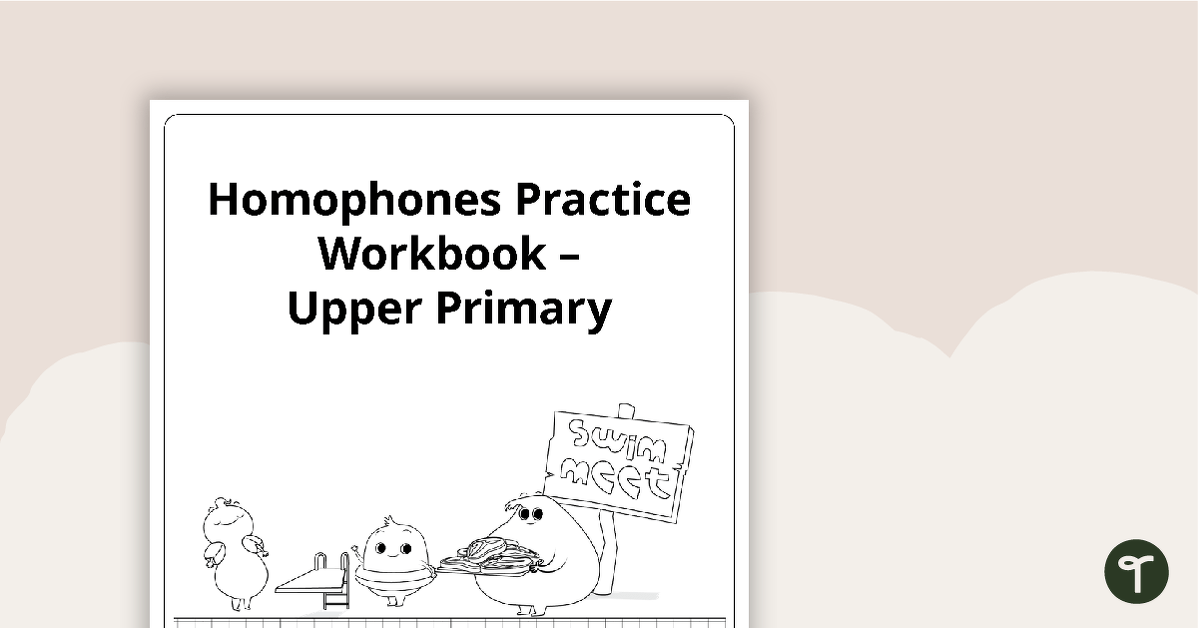

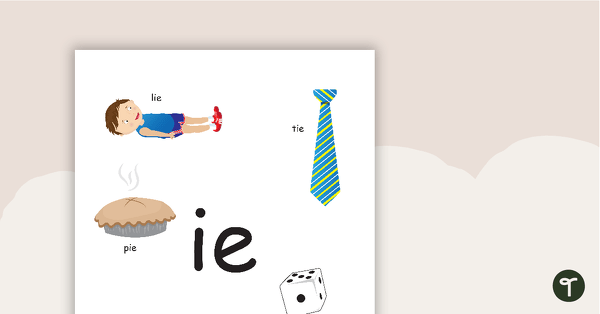
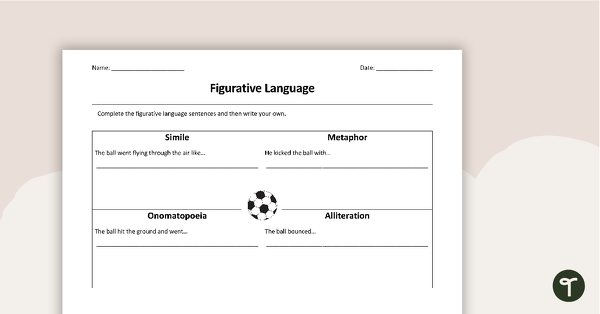
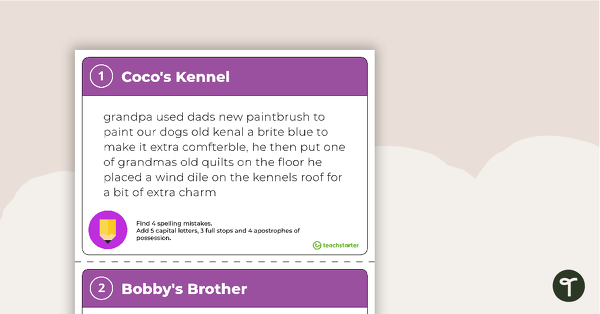
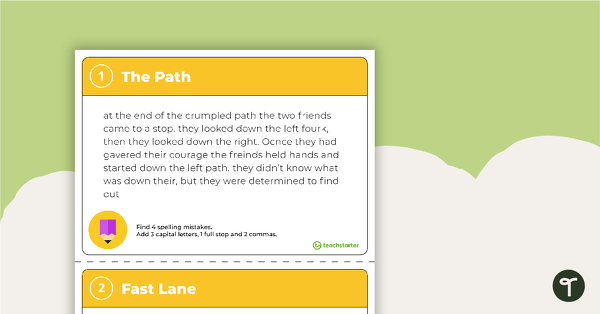
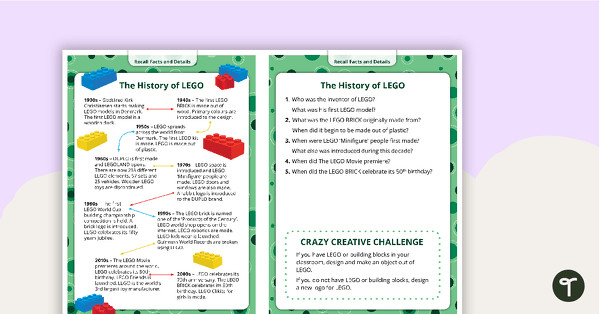
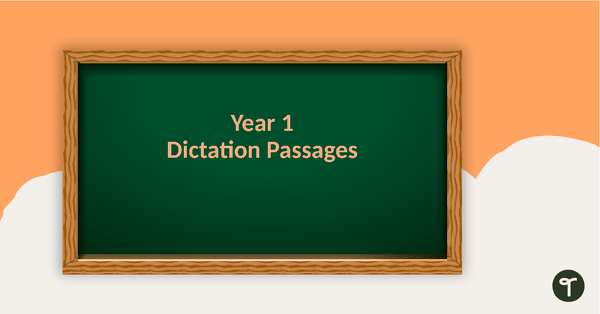
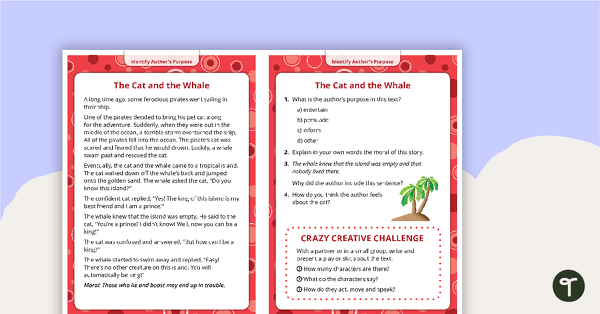
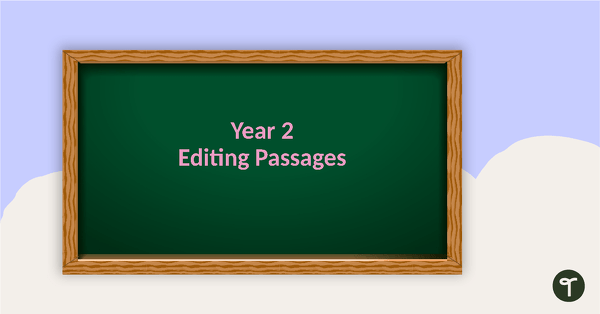
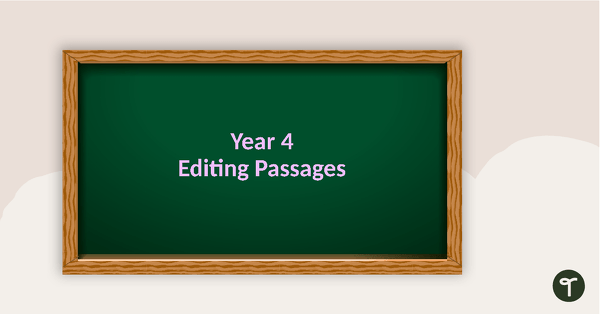
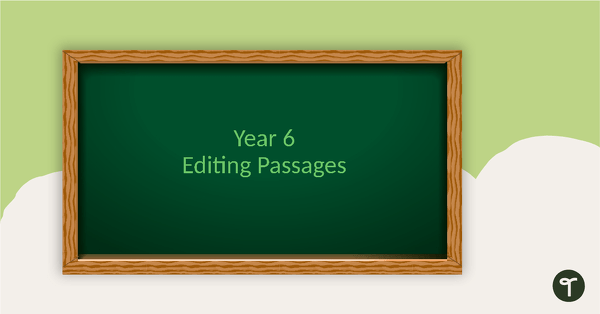
0 Comments
Write a review to help other teachers and parents like yourself. If you'd like to request a change to this resource, or report an error, select the corresponding tab above.